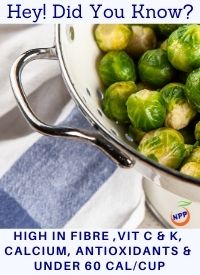Scroll down to listen to the audio!
Osteoporosis is not just A Calcium Deficiency!
What is holding you up? Bones are made up of at least a dozen minerals and more. We need to have these minerals, all in perfect proportion, in order to have healthy bones and healthy bodies. Before we start rebuilding the bone, and adding calcium, magnesium, potassium and all of the other important minerals and supplements, we must address the original cause of bone deterioration.
Osteoporosis is a “silent disease” where the bones become less dense, weak, and brittle. Its name comes from the latin – “osteo” meaning bone and “poras” meaning porous. For many adults, a slight fracture is the first indication that there is a problem. We may experience a minor bone break due to a benign event, possibly after a cough or a sneeze, increasing the probability of future fractures.
Today we are living longer. Seniors have become one of the largest population groups throughout the world. As children, our body breaks down old bone and replaces it with new bone tissue. By our early 30’s, bone mass no longer increases and we need to preserve our bones for as long as possible. As we move toward middle age, and our hormones become depleted and out of balance, our bones naturally lose their density every year. Our ability to build bone diminishes, resulting in thinner and more fragile bones that will break more easily. For women, this has become a serious concern during perimenopause, as the estrogen levels decline, and, particularly, after menopause. Men begin to lose bone around the age of 60–70. Hip and knee replacements are now very common for both women and men.
Early Warning Signs:
- Loss of height
- Changes in posture; ie stooping forward
- Bone fractures, particularly after age 50
- Lower back pain
Risk Factors include being female; being Caucasian or Asian; a genetic predisposition; a history of irregular periods; eating disorders; early menopause; poor nutrition; lack of exercise; tobacco and/or alcohol use; a PH below 6.5; low body weight; a small, thin frame; Kidney Disease; Celiac Disease; IBS; Prednisone; Cortisones; and other Drugs.
Fortunately, there is a tool that can determine bone loss, using T score ratings. This is suggested for women every two or three years after menopause. This Bone Density test, also known as DEXA, uses x-ray to measure the density of the bones in your wrists, hips, or spine, three areas most at risk, and also, the neck.
T Scores:
- A score of -1.0 or above is normal
- A score of -1.0 and -2.5 is considered Osteopenia
- A score below -2.5 is diagnosed as Osteoporosis
Today our systems are assaulted by more toxins than ever before. Toxicity inhibits the body from working effectively. Whatever we can’t eliminate, we store. As we become more toxic, we also become more acidic. The body then leaches minerals, particularly calcium, from the bones in order to become more alkaline. How do we reverse this process? We make changes that will begin to move our body in the direction of healing. That is what Natural Nutritionists strive to do for every client that walks through their clinic door.
Doctors use medication, orally or by injection, like Fosamax, Actonel, etc to increase bone density while also recommending weight bearing exercise. In men, testosterone therapy has been used to increase bone density. Women were given estrogen therapy for decades until a large number of studies discovered a correlation between hormone replacement therapy and an increase in the risk of blood clots, heart disease, and hormone related cancers, like breast and ovarian.
Natural therapy protocols include supplements, weight bearing exercises, an alkaline diet, and a cleaner, more active lifestyle. In my practice, I use Biotherapeutic Drainage to promote the body’s ability to eliminate toxins, by making the liver, kidneys, and other major emunctories more efficient, through the use of combination homeopathic remedies. Once the body is less toxic, it becomes more alkaline and is better able to absorb and assimilate the nutrients necessary to build strong bones.
A link has been found between thyroid disease and osteoporosis. Thyroid hormones can affect the rate of bone loss. Too much thyroid hormone, like thyroxine, prescribed for years, may speed up the rate at which bone is lost. The body’s osteoblasts may in turn be unable to replace the bone loss as quickly as required.
In the Nurses’ Health Study including 122,000 women, risk factors for chronic diseases, like osteoporosis, were analyzed. It found that “women with the highest consumption of dairy products actually had substantially more fractures than women who drank less milk”.
Our NPP Webinar, Osteoporosis, includes:
- Bone formation and integrity
- Underlying issues
- Warning signs
- Rebuilding the bones with Nutrition, Supplements, Biotherapeutic Drainage, Tissue Cell Salts, Diet, and Lifestyle Changes
Our NPP Webinar, Hormones, includes:
- Foods to balance hormones
- The Endocrine System
- Adrenal & Thyroid Nutritional Support
- Thyroid and Osteoporosis

*Audio link for those in need or who prefer to listen to our blogs:
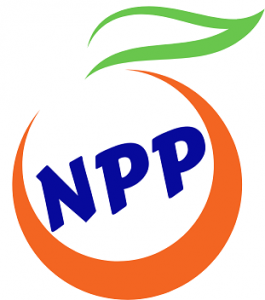

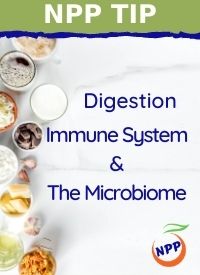 In North America, many of us are obsessed with cleanliness. Actually, we need to be exposed to bacteria, fungi, and viruses in order to have a healthy, strong immune system. By killing off our good bacteria with antibiotics, stress, cortisone, and chlorinated drinking water, we leave the field wide open to pathogenic, dangerous bacteria. Too many hand sanitizers and anti-bacterial soaps can change our PH and, in turn, mess with our immunological balance. Also, chemicals in plastics, cosmetics and clothing may negatively affect our microbiome which in turn affects the integrity of the small and large intestines.
In North America, many of us are obsessed with cleanliness. Actually, we need to be exposed to bacteria, fungi, and viruses in order to have a healthy, strong immune system. By killing off our good bacteria with antibiotics, stress, cortisone, and chlorinated drinking water, we leave the field wide open to pathogenic, dangerous bacteria. Too many hand sanitizers and anti-bacterial soaps can change our PH and, in turn, mess with our immunological balance. Also, chemicals in plastics, cosmetics and clothing may negatively affect our microbiome which in turn affects the integrity of the small and large intestines.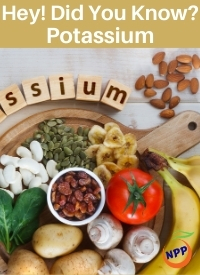
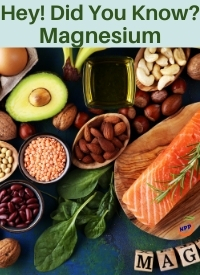
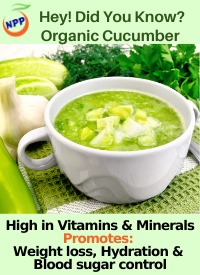 Organic Cucumbers, actually members of the fruit family, have a high water content (95%) and are packed with B vitamins, vitamin A, and antioxidants. They were once thought of only as a great addition to green salads, or a side to a meal, adding variety, colour, and a light, pleasant taste. They are now seen as helping with weight loss, constipation, blood pressure, skin, eyes, and bones while, at the same time, keeping you hydrated. You will derive even more benefits if you eat the entire cucumber, including the seeds and skin, after a thorough scrub and wash.
Organic Cucumbers, actually members of the fruit family, have a high water content (95%) and are packed with B vitamins, vitamin A, and antioxidants. They were once thought of only as a great addition to green salads, or a side to a meal, adding variety, colour, and a light, pleasant taste. They are now seen as helping with weight loss, constipation, blood pressure, skin, eyes, and bones while, at the same time, keeping you hydrated. You will derive even more benefits if you eat the entire cucumber, including the seeds and skin, after a thorough scrub and wash.
